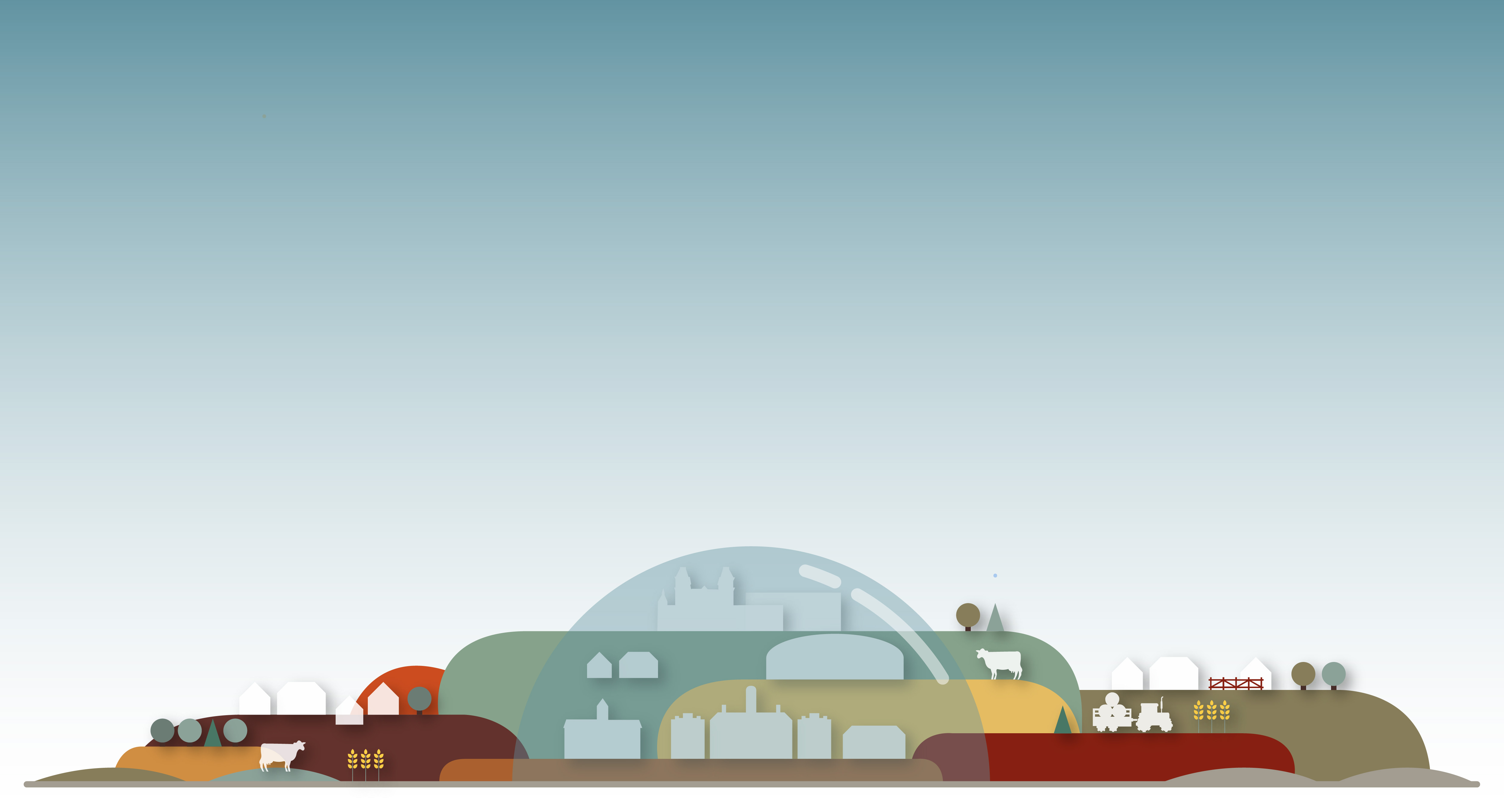Landing Page
Special Projects
This story is part of a series of specially designed stories that represents some of the best journalism The Post has to offer. Check out the rest of the special projects here.


Illustration by Megan Knapp
4/4/2019
Sometimes, when the weight of class, work, job hunting and everything else starts to eat at me, I like to hop in my little black Nissan and take a ride outside the Athens city limits.
This year, I’ve particularly become a fan of throwing a book in my backpack and making the drive out to Strouds Run. It’s not a long drive by any stretch of the imagination, but it’s just enough to get the feeling that you’re far enough away from the monotonous loop of classroom, office, home. Living in a region so rich in beauty as this one, we’d be remiss not to take advantage of everything it has to offer.
My aimless drives have reminded me that my curiosity about this region will never cease. One February trip, just after a week of heavy rain, yielded flooded fields as far as the eye could see — fields that backed up to coal mines, coal mines that ran up against trailer parks. There was a strange beauty to it all.
But then I remembered that sometimes we have to stop ourselves short of that kind of idealism. It can be a dangerous mindset to romanticize Appalachia, especially when you weren’t raised in the region, or when you know you’re likely going to be leaving it behind after graduation day.
There’s a delicate balance that must be struck when reporting on a region like Appalachia. For one, the region itself is much larger than you might think. The Appalachian Regional Commission, which is largely responsible for defining Appalachian boundaries, has Appalachian counties stretching into at least a dozen states.
We know that the region is rich in culture and far more diverse than one might think. But we also know it suffers from its fair share of problems, from environmental degradation due to mining and fracking to unemployment, food insecurity and addiction.
Those are issues that can seem far away when we’re living in this little bubble of ours, shuffling between residence halls, classrooms and dining halls where there’s always more than enough to eat.
When creating the “Beyond the Bubble” edition, we in no way wanted to be “parachute reporters” who drop into a community for a day, get what we need and leave having never truly attempted to understand the people or the problems at hand. Many of us are only passing through.
We’ve tried our best to make this issue a celebration of the region while also addressing some of the very real issues its residents and land face. And at the end of the day, we’re grateful for everyone who has let us into their lives to make these stories possible.
Lauren Fisher is a senior studying journalism at Ohio University and the editor-in-chief of The Post. Have questions? Email Lauren at lf966614@ohio.edu or tweet her @Lauren__Fisher.
Landing Page
This story is part of a series of specially designed stories that represents some of the best journalism The Post has to offer. Check out the rest of the special projects here.